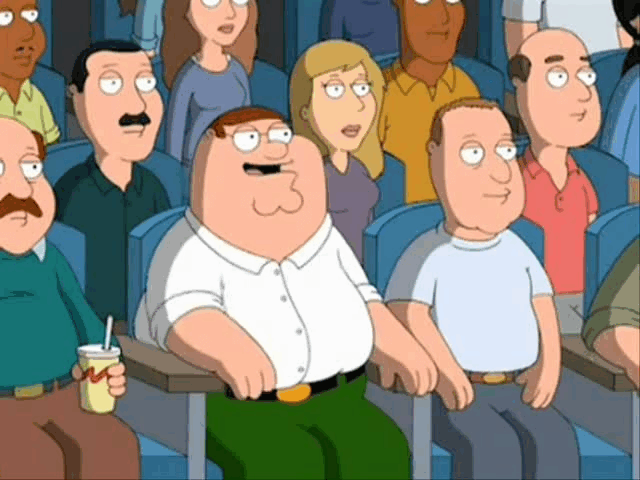1. Introduction
Lookism, (i.e. discrimination based on physical attractiveness), has been a subject of research in sociology, psychology, cultural studies, and economics for some time, the term being coined as early as the 1970s (Ayto
Citation1999). However, lookism (just like the related fatphobia and cacophobia) has not received comparable attention in philosophy, but has rather been ‘widely neglected’ (Minerva
Citation2017, 1). The social ramifications of looks (being ugly or being beautiful) has not been extensively featured in the debate on epistemic injustice. Lookism itself and epistemic discrimination based on attractiveness do not feature in Fricker’s seminal account of epistemic injustice (although this certainly ought not be held against Fricker). Even the comprehensive
Routledge Handbook of Epistemic Injustice (2017), the recent special issue
Epistemic Injustice and Collective Wrongdoing edited by El Kassar and Altanian (
Citation2020), the issue
Epistemic Injustice and Recognition Theory edited by Giladi and MicMillan (
Citation2018), or the recent overarching volume on
Overcoming Epistemic Injustice (Sherman and Goguen
Citation2019) focus on a great variety of aspects of epistemic injustice, yet do not feature the topics of beauty, ugliness, or attractiveness in general. And out of the hundreds of articles in academic journals featuring epistemic injustice, only few seem to bring aesthetics into play, if at all. But as shall become clear, there are good reasons to consider looks-based discrimination to fall under the umbrella of epistemic injustice.
It is fairly uncontroversial that lookism is a source of injustice, and there have been some reflections on lookism in ethics and political philosophy (Mason
Citation2021; Minerva
Citation2017; Tietje and Cresap
Citation2005; Takac
Citation2020). While the effects of being unattractive are arguably not as bad as discrimination based on gender, race, class, or (dis-)ability, it is clear that discrimination based on looks presents an injustice. For example, ugly people are denied various opportunities (regarding work, romance, friendship etc.) in life and beautiful people are not, for reasons solely determined by their looks. However, there are certain epistemic injustices ugly people may suffer in addition to being deprived of other social and economic goods.
In this paper, I argue that Fricker’s seminal conceptualization of epistemic injustice also applies to lookism as a social phenomenon. In particular, I am going to argue that lookism is associated with an epistemic structure best characterized as a taboo: unattractiveness in general (and the discrimination based on it) does not generate the same awareness as gender or race-based discrimination partially for the reason that there is a different kind of discomfort associated with being identified as ugly. This taboo constitutes a specific kind of hermeneutic injustice serving as a backdrop on which looks-based testimonial injustice takes place: on the one hand, unattractive people are not as readily believed comparatively, but more importantly, in stating that they face economic, social, and romantic discrimination in virtue of being unattractive, ugly people can be sometimes gaslit by the listener not accepting that interpretation, as overtly or covertly ascribing such negative aesthetic attributes goes against the taboo of ugly.
Furthermore, I am going to suggest that the positive forms of epistemic discrimination associated with lookism might constitute an, albeit lesser, harm to those positively discriminated. This lesser harm consists in very attractive people being motivated to adopt a distorted worldview: since both positive and negative looks-based discrimination is not talked about (like, say, racism or sexism) and since very attractive people receive a multitude of social, economic and romantic advantages, they can be systematically misled to adopt a view of themselves as more competent than they are and of the world being a more positive place than it actually is.
Lastly, I deliberately shall use the term ‘ugly’ as synonymous with ‘unattractive’ throughout this paper.
Footnote1 This is important because just mentioning the fact that there are ugly people may seem offensive or impolite to some. ‘Ugly’ is undoubtedly a pejorative term: to describe someone as ugly means to describe them as looking a certain way and at the same time to evaluate this quality of appearance. I am consciously choosing here to use the terms ‘ugly’ and ‘unattractive’ in order to counteract what I identify as the taboo of ugly (cf.
section 4), at least for the sake of analysis. This is to say that, at least in an academic discussion of ugliness, I do not mean to imply that ugly people are less valuable than attractive people (as the folk conception seems to imply).
Footnote2





